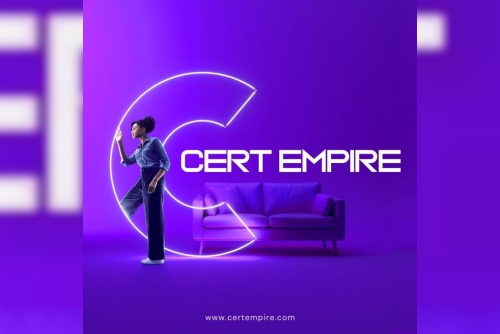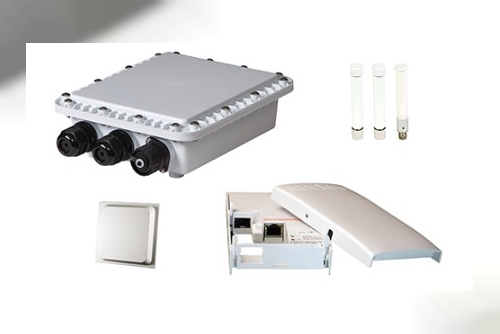Human resource management software, or HRMS, is essential for any business looking to scale, especially in industries where human capital is key to success. However, there are many HRMS solutions on the market and most aren’t created equal. Each HRMS software system has its own benefits and drawbacks, so understanding the following five features will help you make an informed decision about the best HRMS solutions for your organization in 2022. Here are our top five features to look for in an HRMS solution.
What is an HRMS?An HRM system is an integrated software package that automates the majority of a company's human resources management. It includes payroll, benefits administration, hiring and onboarding, career development, and more. In addition to optimizing the running of your business, HR software can also help you maintain compliance with federal regulations like ACA and ADAAA.
The Benefits of an HRMS· Efficient payroll processing.
· Standardized processes across the entire organization.
· Increased visibility into staff data.
· Enhanced security of sensitive information.
· Timely and accurate reporting to senior leadership.
· Cost savings for HR departments.
· Improvement of employee satisfaction, productivity, and retention rates.
· Easy integration with other business systems such as financials, CRM, and other HR software solutions.
By 2022, it is estimated that 60% of HR organizations will be using a cloud-based HRMS solution to increase efficiency and drive growth in their businesses.
How to Choose an HRMSAfter considering the needs of your company, you'll need to make a decision on which HRM system is best for you. We have created this guide to help you weigh your options and make the right decision for your business.
The first thing to consider is how many employees your company has. If you have less than 100 employees, it's likely that a cloud-based SaaS (software as a service) model will be sufficient for your needs. If you have more than 100 employees, then a hybrid or on premise solution might be best.
You will also want to think about whether or not your company operates internationally, and if so where. In most cases, there are some functionalities that are location specific, such as payroll management. And if your company operates in multiple countries with different languages, such as Canada and France, you will want to take language into account when looking at software systems too.
There are three main types of HR software:
· Those with an interface primarily geared towards human resources professionals;
· Those with an interface aimed at managers;
· Those built for day-to-day use by employees.
ConclusionTechnology for HRMS solutions are constantly evolving, so make sure to find an HRMS solution that is right for your business. You will want a system that has the most up-to-date features and capabilities, as well as one that fits your budget. If you're considering a new HRMS software company, there are some things you should ask before signing the contract. Be sure to discuss:
· What is their customer service like?
· How long has the company been in business?
· How much training do they offer post-installation?
· What technology platforms do they use?
· Are there any additional fees or expenses I should be aware of?












 Your Legacy, Your Plan: Why You Need an Estate Planning Attorney in Great Neck
Your Legacy, Your Plan: Why You Need an Estate Planning Attorney in Great Neck